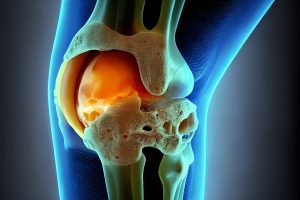Having a father with depression may put teens at a heightened risk for the mental health problem, a new study suggests.
Previous research had linked depression in mothers and in their children. But according to the investigators, this is the first study to find such an association between fathers and their children, independent of whether the mother has depression.
The findings were based on an analysis of data from thousands of families in Ireland, Wales and England.
“There’s a common misconception that mothers are more responsible for their children’s mental health, while fathers are less influential,” said lead study author Gemma Lewis. She is a researcher with the division of psychiatry at the University College London.
“We found that the link between parent and teen depression is not related to gender,” Lewis said in a college news release.
“Family-focused interventions to prevent depression often focus more on mothers, but our findings suggest we should be just as focused on fathers,” she added.
Rates of depression rise sharply at the start of adolescence, so learning more about risk factors at that age may help prevent depression later in life, according to the study authors.
“Men are less likely to seek treatment for depression,” Lewis said. “If you’re a father who hasn’t sought treatment for your depression, it could have an impact on your child. We hope that our findings could encourage men who experience depressive symptoms to speak to their doctor about it.”
The study’s senior author, Glyn Lewis, also with the university’s psychiatry division, concurred.
“The mental health of both parents should be a priority for preventing depression among adolescents,” Lewis said. “There has been far too much emphasis on mothers, but fathers are important as well.”
The report was published Nov. 15 in The Lancet Psychiatry. While the study found an association between fathers’ mental health and the development of depression in their children, it didn’t prove a cause-and-effect relationship.
More information
The U.S. National Institute of Mental Health has more on teen depression.
Copyright © 2024 HealthDay. All rights reserved.













-300x200.jpeg)
-300x213.jpeg)










